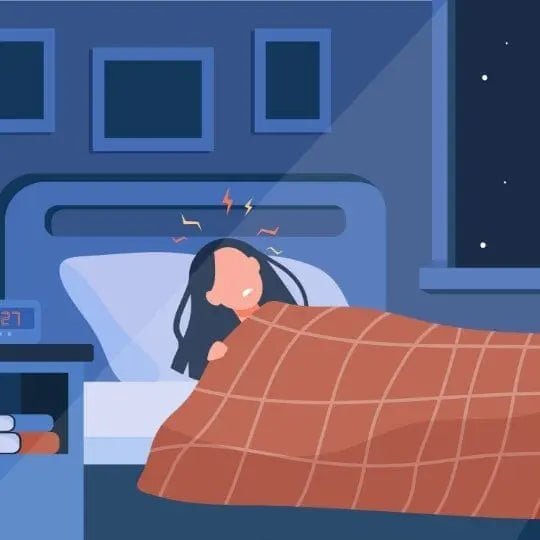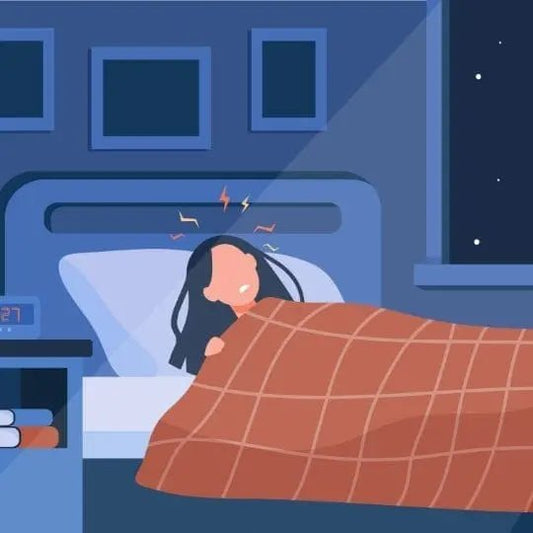Exercise & Depression

Exercise & Depression
Exercise benefits the body in a plethora of ways. Most people tend to hit the gym only for aesthetic reasons. One perk we aren’t told enough about is the effect exercise has on depression. Staying active prevents the onset of some mental illnesses and can be more effective than medication when it comes to symptom reduction. Exercise is currently viewed as something you do when trying to lose a few extra kilos. This narrative needs to change. Physical activity should instead be seen as an effective treatment for depression and something we do daily for our mental health. Keep reading to learn about how exercise affects mood and whether it is more effective than therapy when it comes to treating depression.

Depression
Depression is a mental illness which leaves you feeling sad and hopeless for weeks or months at a time. Symptoms include being tired, miserable and lethargic for no identifiable reason. You may also experience low self esteem, changes in appetite and disrupted sleep. An estimated one in six people will experience depression at some point in life so learning more about it is essential. Not just for your own wellbeing but in order to help others too. The high prevalence of this illness is a bleak statistic. Fortunately there are proven ways you can prevent its onset and mitigate symptoms. One of the most powerful tools we have against depression is physical exercise. Of course everyone should live an active lifestyle, but those with a family history of mental illness should be especially conscious. Studies show that depressive disorders are somewhat genetic. We know this through twin studies. If you have a family member with depression, you are five times more likely to experience it too. Being muscular might not be enough motivation to get you moving, but preserving your sanity should be a convincing incentive. If you know someone in your family has previously suffered from depression, you should consider making physical activity a non-negotiable part of your daily routine.
What Kind Of Exercise?
The exercise you do doesn’t need to be vigorous. Researchers have tested a range of modalities including yoga, brisk walking, running and strength training to see which one is the most effective at combating depression. Studies show that yoga can mitigate anxiety and teach people how to cope with stress. Running triggers the release of feel good chemicals like serotonin and lifting weights effectively reduces symptoms of depression regardless of age, strength and cognitive function. Basically the research suggests that it does not matter which method you choose. As long as you are consistent, you can pick any activity you like. Try a range of pursuits and find what you enjoy most. Some people love to start their day with a solo morning stroll while others prefer a social sporting activity. As the saying goes, there are many ways to skin a cat. Find a physical activity you love and pepper it into your routine as frequently as possible. Even if it is something unconventional like roller skating. Don’t let anyone else yuck your yum.

More Effective Than Current Treatments?
The symptoms of depression are debilitating to say the least. Currently the primary treatments for depressive disorders are medication and psychological therapy. Pharmacological agents can make you feel better in the short term but shouldn’t be seen as a permanent solution. Therapy is effective but not everyone wants to or has the means to see a psychologist. It would be glorious if counselling was free for all New Zealanders but this is not yet the case. The good news is that exercise is available to all of us for free and genuinely works. A randomised control trial (RCT) is the most rigorous research method available. Evidence from RCTs show that exercise is as effective, if not more, as antidepressants. Unlike medication, physical activity is free from side effects. For some bizarre reason many health practitioners prefer to prescribe pills rather than suggest getting a structured workout plan. Considering the extensive research supporting the efficacy of exercise for depression, this is nonsensical. Perhaps it occurs because professionals have been taught to treat this way. If we increase awareness about the importance of exercise for mental health, this might not be the case for much longer. Hopefully soon physical activity will be the go to method for treating depression and pills will be a last resort.
Getting Started
You probably know that exercise is essential but can’t muster up the motivation to get started. Psychologists advise against setting your goals too high. Start with something small like ten push ups on the kitchen bench or walking to the mailbox. Small incremental achievements add up quickly. You could also implement the Premack Principle which essentially means bribing yourself. If you love coffee, walk to go get it. If you want to watch Netflix, do it while pedalling on the exercise bike. You are more likely to complete a low probability behaviour if you reward yourself afterwards. This Premack Principle is also known as Grandma’s Rule and it works. If you want to teach your dog a trick, you would reward it with treats once it completes the desired task. Do the same for yourself and exercise will become a habit in no time.
Conclusion
Depression is not curable but it can be managed. Cognitive behavioural therapy and medication are the current go to treatments but exercise might actually be more effective. Working out is inexpensive and accessible for everyone. Why spend money on therapy and drugs when you can lift weights or walk for free? Rather than seeing exercise as a calorie burning activity, there needs to be more attention paid to the psychological benefits of regular movement. If you want to prevent depression, move daily. If you’ve already experienced a depressive episode and want to avoid relapse, move daily. Writing out all the benefits exercise has to offer would take you hours. There really is no good reason to live a sedentary lifestyle. So what are you waiting for? Sign up to a gym, book a yoga class, find a local sports team or just go for a walk. Your physical and mental health will be better for it.





